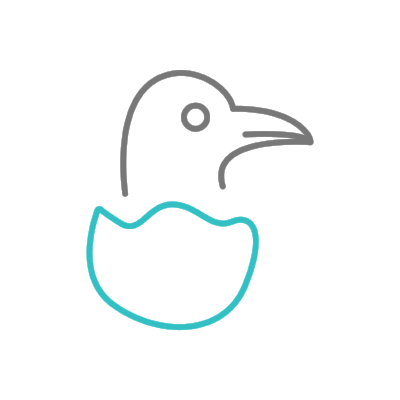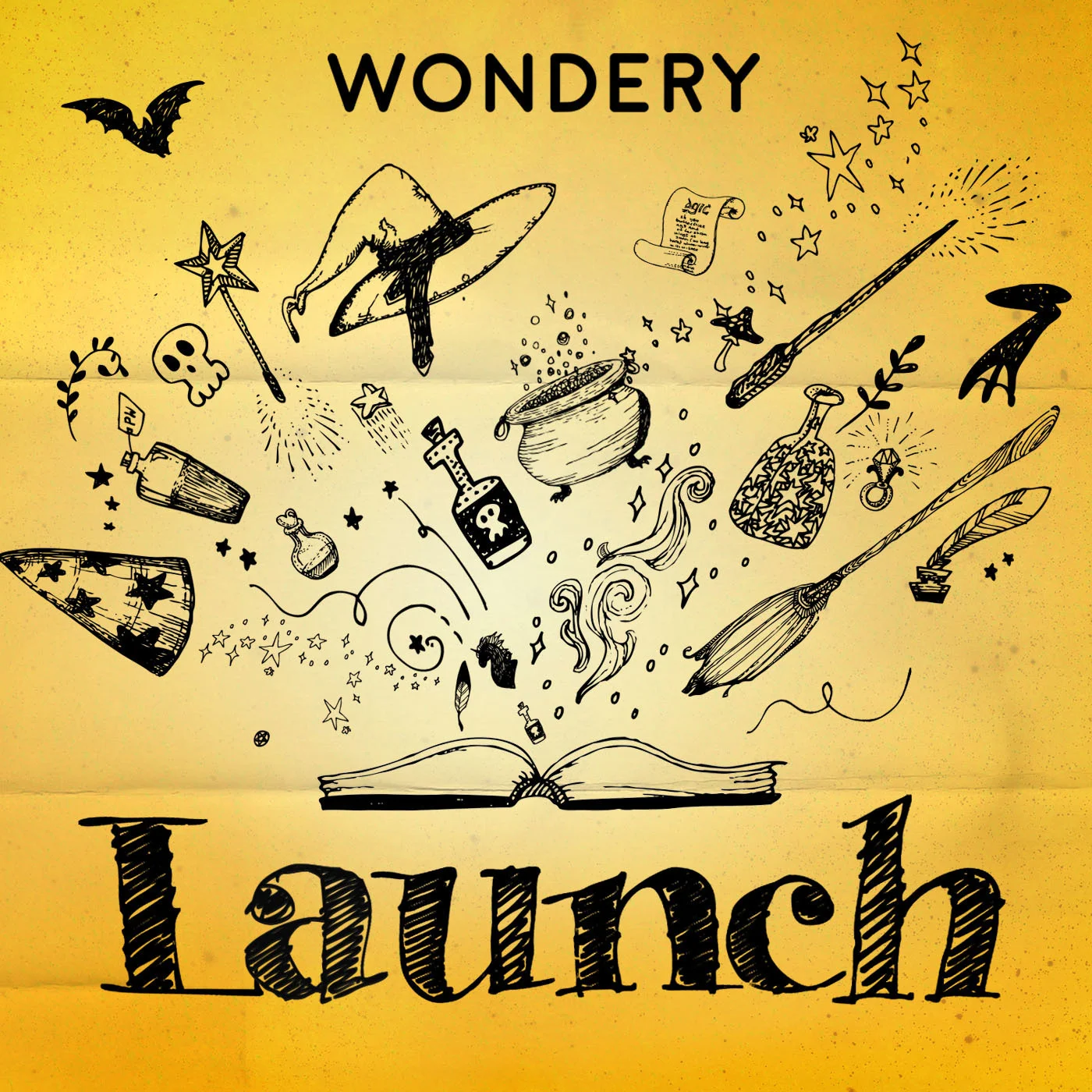The immersive joy of sponsorless podcasts
Last week, I binged a seven-episode series from the Danish podcast Third Ear called "Kvinden med den tunge kuffert" (The woman with the heavy suitcase), a cult favorite in Denmark and the country's pinnacle of immersive audio documentary (if you understand Danish, you owe it to yourself to listen). Produced in collaboration with the Danish newspaper Politiken, the series meanders in a deeply engaging true-crime narrative, mercifully without ads. As a podcast marketer, I admit that waxing philosophical about podcasts that lack advertising is as close to bad marketing for myself as I can get. But hear me out.
Host Krister Moltzen follows the trail of a Norwegian woman who hops from monastery to monastery in Denmark under the guise of being sick with cancer, only to skip out on the bills at the end of her stays. With cinematic sound and introspective narration that build suspense as Krister chases "Maria," as she calls herself, and tries to answer the ever-strong question of why, Krister immerses the listener in a psychological thriller that ends with a heart-pounding confrontation. More experimental than Serial and rivaling S-Town in descriptiveness, the series peers into Krister's confusion and frustration at dead ends as he tracks the woman all over Denmark. He's both a stand-in for the listener and entirely a character himself, which makes the podcast so binge-worthy. To have mid-roll, or even pre-roll, ads interrupt the flow would have left me with a sour taste in my mouth.
There's great podcast experimentation going on in Denmark and other parts of Europe that must be framed against the primacy of podcast narratives in the US. In Europe, arts and culture are almost always state-funded to some extent, whether through media license fees or cultural ministries, or both. In Europe, it's a fabric of civic life to contribute to the arts as a taxpayer, but here in the States most mass media is privately funded through advertising or foundations (with the exception of public media, which carves out a smaller piece of the pie than its European equivalents).
As you can imagine, funding sources affect bottom line goals, which affect content. In the case of US podcasts, this leads to for-profits networks like Gimlet and Earwolf who rely on advertising to churn out content that's in line with listener behaviors in order to reap a return on investment. Hence: the ubiquity of ad breaks. Investigative shows like Heaven's Gate or The Habitat take on a documentary subject and have to think about when in the narrative they can break for "a word from our sponsors." Like the formula of three-act structures on broadcast television, podcasts in the US are starting to feel like they're anticipating the ads so much that the suspense of the story itself starts to follow that structure, with hosts even signposting with lines like, "we answer that question...after the break." The formula is solidifying, setting an almost rigid precedent I fear will be difficult to break out of unless sustainable business models like the equivalent of Netflix emerges (Stitcher Premium and Slate Plus come to mind as possibilities).
Third Ear, in comparison, felt so refreshing because it lacked all this. A simple, tone-setting intro from producer Tim Hinman opens each episode, and then we're off on our listening journey. I was so enthralled that while on the subway I became disoriented when I looked out the window and saw signs in English, thinking that I was actually in Denmark following Krister and "Maria" myself. Unburdened by ads, the show gave me audio to cherish. The show's quality was what stayed with me, and I've become a loyal Third Ear listener--and you could argue that loyalty is infinitely more valuable than a one-off ad impression, reverberating into nothing like a radio wave.
So, podcasters, think about this. How can you support the experimental or narrative excellence of your content that turns your audiences into loyal listeners and not just fodder for ads? Is it fiscal sponsorship or grants? Is it minimal pre-rolls or post-rolls? Is it digital advertising on your website or newsletter for your loyal fans who can't get enough content out of you? Can you take advantage of RadioPublic's Paid Listens program? Think about your proof of concept, i.e. what makes your show unmissable, and then think about how you can support yourself to keep making incredible productions. And if you want more examples of European podcasts doing just that, Radio Atlas is a good place to start (English translations of foreign language audio stories!). Here's a translated Third Ear production so you can join me in the fan ranks!
image credit: Claudia Stræde, Third Ear




